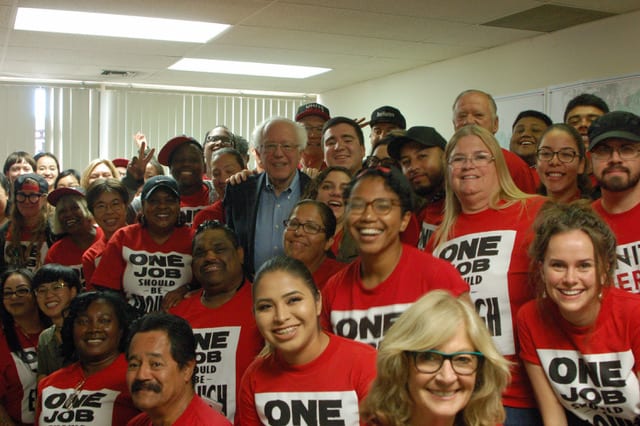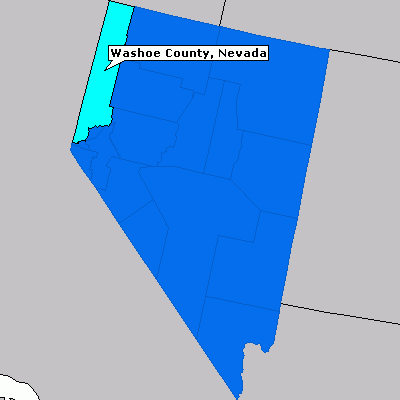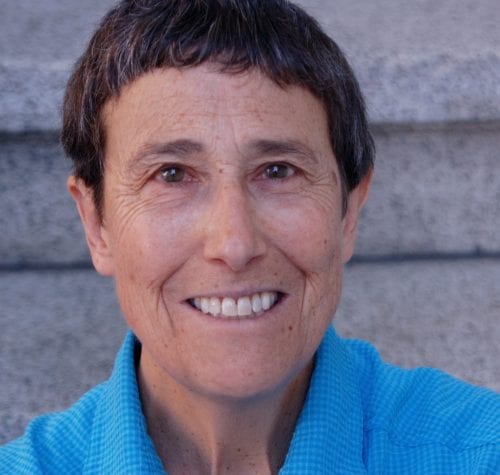
Organizing Electoral Success
A reflection on the work – and payoff – of effective organizing in Nevada by Professor Rebecca Gordon
Many years ago, a young friend told me she was giving up politics. I asked why and she said “It’s because I’ve realized that all political work involves convincing people to do things they don’t want to do. Whether you’re handing them a leaflet they don’t want to read, or trying to get them to a demonstration they’d rather avoid, it’s basically about making them do things when they’d rather not. It’s uncomfortable and I hate it.”
There’s definitely a kernel of truth in what my friend said that day. Organizing absolutely requires talking to people who’d rather be left alone, about things they’d probably rather not think about. But I’d probably state it differently:
Organizing requires skillful conversations that help people to consider carefully what they do want and that show them how they can work with other people to get it.
Organizing is not so much a practice of convincing people to act against their own interests and desires as it is one of motivating people to identify those interests and desires – and to go for them.
Of course, it’s not that simple. People’s interests and desires often conflict with each other, and with those of other people. People can, for example, want both cheap gas and to forestall climate change. Furthermore, most organizing campaigns begin from the assumption that the organizers know what policies will best meet those interests and desires. Even with the best of intentions, and the most transparent practice, there’s always – as my friend pointed out all those years ago – an element of coercion (social or moral, if not physical) involved.
 Welcome to Washoe, Nevada
Welcome to Washoe, Nevada
I thought about that conversation a lot this past fall. The 2018 midterm elections found me in Reno, Nevada, the center of Washoe county, working with Culinary Workers Local 226 in a campaign to elect a Democratic senator and governor.
Spoiler alert: we not only won, we absolutely crushed it. Jacky Rosen will be Nevada’s new senator, and Steve Sisolak its governor. In a race considered too close to call up until the polls closed, Rosen won by 5 percentage points – 50% to 45%. Sisolak’s margin was a little smaller – 4% instead of 5%, but still decisive.
Local 226 is part of UNITE HERE, the hotel, casino and food-service workers union in North America. In spite of Nevada’s being a “right-to-work” state, UNITE HERE is a powerful political force there, representing over 57,000 workers, primarily located in the state’s two population centers – Las Vegas and Reno. That political strength is part of what guarantees members decent wages and benefits, and a voice at the table in Nevada and beyond.
Strength is bringing voters out to the polls
The stakes couldn’t have been higher, for Nevada, the country, and even the world – insofar as Democratic victories challenge, including in the Senate, the Trump administration’s ever-consolidating power. Under these circumstances, many on the left, including UNITE HERE leadership, recognize the importance of challenging that administration on every terrain that’s available – whether it’s a picket line or a ballot box.
This past November, Washoe, Reno’s home county, saw a 70% voter turnout – the highest midterm turnout in Nevada history. (By comparison, in 2014, the most recent previous midterm, only 52% of registered voters turned out.) In Clark county, site of Las Vegas, turnout was “only” 60% — still remarkably high for a midterm election
UNITE-HERE’s campaign had a purpose, one as important in its own way as winning the election. That was the development of organizers and leaders from the union’s rank-and-file. UNITE HERE emphasizes leadership among those who make up the majority of its members – immigrants, people of color, and women. They do this in a conscious and rigorous way. The three captains of our canvassing teams (the “leads” in union parlance), spent hours discussing the performance of each of the 35 canvassers. They encouraged quiet people to demonstrate the skills they were learning on the doors, and made space for people to present their own research about the election, or other political issues.
UNITE HERE’s electoral campaigns had two key assets. First, they have the resources (from their members’ hard-earned dues) to pay fulltime organizers long enough to get good at what they do. Second, they have figured out how to use elections as a training arena for the people who are building the union itself. The skills union members learn and practice in a well-run election are highly transferrable to union recognition struggles, contract fights, and campaigns to involve a wider community in a strike or boycott.
And, yeah, they involve hard conversations people don’t know they want to have.
Next week, learn Professor’s Gordon three skills to engaging prospective voters


